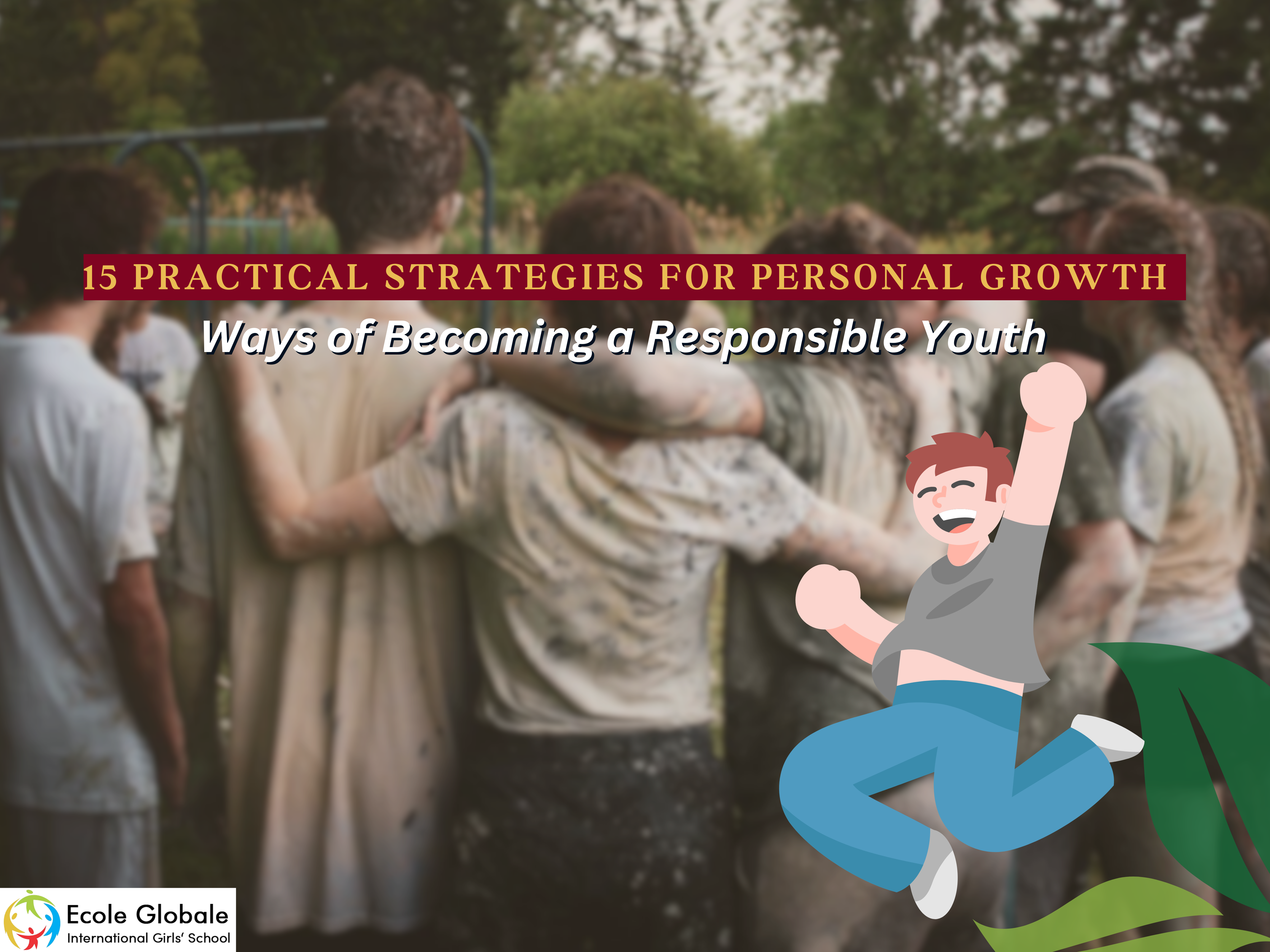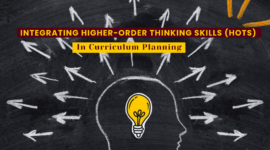As young individuals transition into adulthood, learning to become responsible youth plays a pivotal role in personal and societal development. Being a responsible youth is not just about following rules but about developing essential life skills, embracing accountability, and contributing positively to the community.
I. Developing Emotional Intelligence

Emotional intelligence is the ability to understand and manage one’s emotions while empathizing with others. It is crucial for personal and social success.
Self-Awareness and Self-Regulation
- Understand your emotions and reactions.
- Practice self-control, especially in stressful situations.
Empathy and Effective Communication
- Learn to listen and understand others’ perspectives.
- Engage in open, honest communication with family, friends, and peers.
II. Setting SMART Goals and Planning
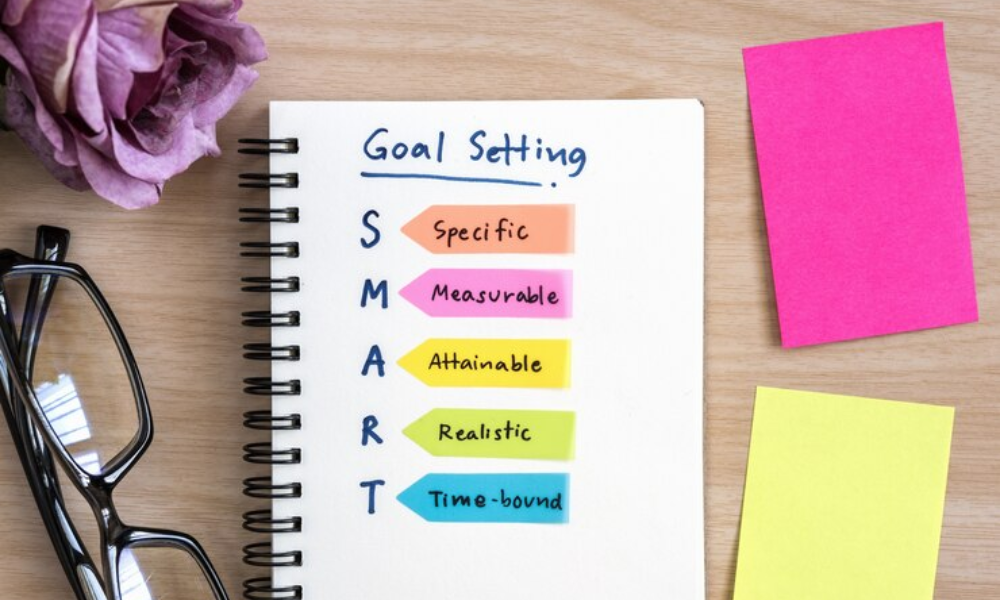
Goal-setting is a vital aspect of personal growth. By creating structured, achievable goals, young people can make steady progress in life.
Importance of Goal-Setting
- Set SMART (Specific, Measurable, Achievable, Relevant, Time-bound) goals.
- Regularly review and adjust your goals.
Creating a Plan and Prioritizing Tasks
- Break goals into manageable tasks.
- Prioritize based on deadlines and importance.
III. Time Management and Prioritization

Mastering time management helps young people balance education, personal life, and responsibilities effectively.
Effective Time Management Strategies
- Use tools like calendars and apps to plan tasks.
- Set aside time for breaks to maintain productivity.
Prioritizing Tasks and Avoiding Procrastination
- Focus on completing high-priority tasks first.
- Avoid distractions and practice discipline to avoid procrastination.
IV. Building Strong Relationships
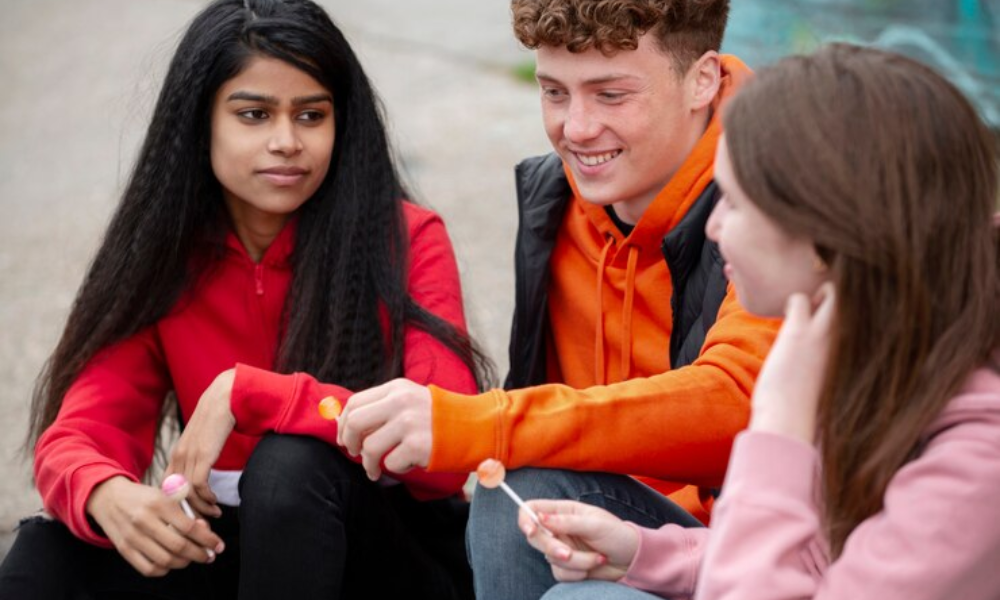
Healthy relationships provide emotional support and personal growth. Learning to build and maintain them is key to responsible youth.
Importance of Healthy Relationships
- Surround yourself with positive, supportive individuals.
- Invest time in maintaining meaningful friendships.
Communication and Conflict Resolution
- Practice open communication to express feelings and thoughts.
- Learn to resolve conflicts with maturity and empathy.
V. Cultivating Moral Values and Character

Strong personal values guide responsible youth behavior and ethical decision-making.
Defining Personal Values
- Reflect on what principles are important to you.
- Align your actions with these values to live with integrity.
Developing Integrity and Accountability
- Always be honest, even in difficult situations.
- Take ownership of your actions and decisions.
VI. Taking Responsibility for Actions

Being accountable for your actions is a sign of maturity and responsibility.
Owning Mistakes and Learning from Failures
- Acknowledge when you’ve made a mistake.
- Reflect on what went wrong and learn from the experience.
Making Amends and Taking Corrective Action
- Apologize sincerely when necessary.
- Take steps to make things right and prevent future mistakes.
VII. Practicing Self-Care and Wellness

A healthy body and mind are essential for a responsible and fulfilling life.
Physical and Mental Well-Being
- Engage in regular physical activities to stay fit.
- Make mental health a priority by practicing relaxation techniques.
Healthy Habits and Stress Management
- Develop a balanced diet and get enough sleep.
- Use techniques such as mindfulness or exercise to manage stress effectively.
VIII. Engaging in Community Service
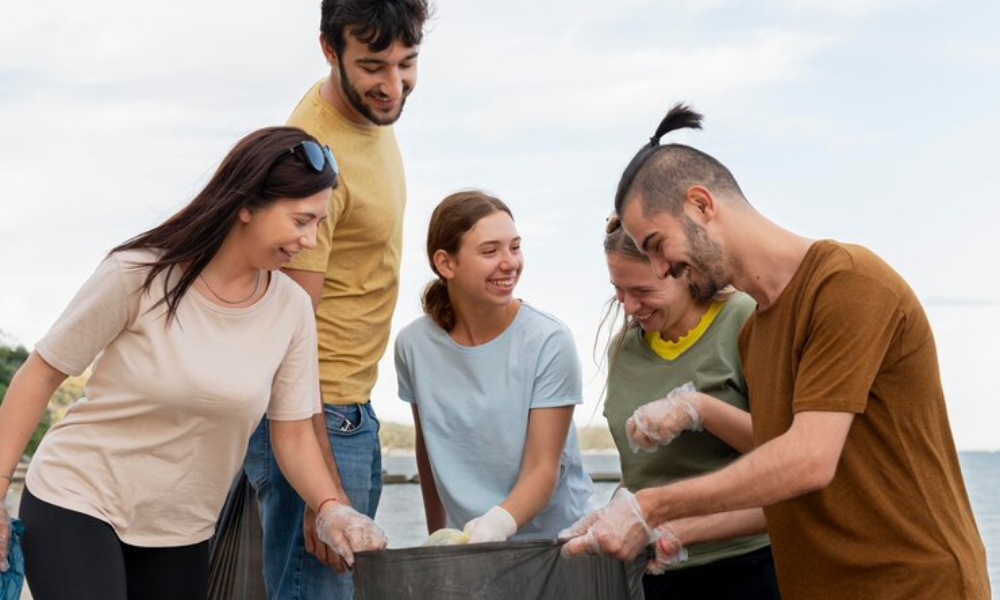
Volunteering offers a chance to give back and learn about social responsibility.
Benefits of Volunteering
- Volunteering can teach empathy, teamwork, and problem-solving.
- It helps you build connections while making a positive impact.
Finding Opportunities and Getting Involved
- Look for local community service opportunities.
- Join school or local clubs that focus on community outreach.
IX. Embracing Leadership Roles

Leadership builds confidence and instills responsibility in youth, fostering personal growth.
Developing Leadership Skills
- Take on leadership roles in clubs or activities.
- Practice decision-making, delegation, and motivating others.
Taking Initiative and Inspiring Others
- Don’t wait for opportunities; create them.
- Encourage peers to participate and contribute.
X. Managing Finances and Resources

Financial literacy is an important skill for becoming a responsible adult.
Basic Financial Literacy
- Understand how to budget, save, and spend wisely.
- Learn about basic financial concepts such as interest rates, savings, and investments.
Budgeting and Saving
- Set a budget and track your expenses.
- Save regularly, even if it’s a small amount.
XI. Staying Educated and Informed

A responsible youth is always learning and staying informed about the world.
Importance of Lifelong Learning
- Commit to continuous learning through courses, books, and experiences.
- Stay open to new ideas and knowledge.
Staying Updated on Current Events
- Follow reputable news sources to stay informed about global issues.
- Discuss current events with peers to gain different perspectives.
XII. Building Resilience and Perseverance

Developing resilience helps young people bounce back from setbacks and continue striving for success.
Overcoming Obstacles and Setbacks
- Accept challenges as part of growth.
- Use failures as learning opportunities and never give up.
Developing Coping Strategies
- Practice problem-solving to navigate challenges.
- Find healthy outlets, such as hobbies or talking to mentors, to manage stress.
XIII. Practicing Mindfulness and Self-Reflection

Mindfulness helps individuals stay grounded, while self-reflection encourages growth.
Importance of Mindfulness
- Practice mindfulness to stay present and reduce stress.
- Techniques such as meditation can help improve focus and clarity.
Reflecting on Experiences and Growth
- Regularly evaluate your personal progress and experiences.
- Use self-reflection to recognize areas for improvement and celebrate achievements.
XIV. Conclusion
Becoming a responsible youth is a journey that requires dedication, reflection, and growth. By developing emotional intelligence, setting goals, embracing leadership, and managing responsibilities effectively, young individuals can become valuable contributors to society. Start today with small changes and take ownership of your growth, one step at a time.
Frequently asked question
Q1: What does youth responsibility mean?
A1: Youth responsibility involves being accountable for your actions, making informed choices, developing self-discipline, and contributing positively to the community.
Q2: Why is self-improvement important for youth?
A2: Self-improvement helps youth grow personally and professionally by expanding their knowledge and skills, enhancing their motivation, and achieving their goals.
Q3: How can young people treat others with respect?
A3: By showing kindness and empathy, practicing good manners, and listening actively to others’ perspectives, young people can build strong, positive relationships.
Q4: What are some key life skills responsible youth should develop?
A4: Key life skills include honesty, integrity, effective time management, self-discipline, and resilience, which are crucial for personal growth and success.
Q5: How can youth contribute to their community?
A5: Youth can contribute by volunteering, mentoring peers, advocating for causes, and participating in community activities that support development and well-being.






